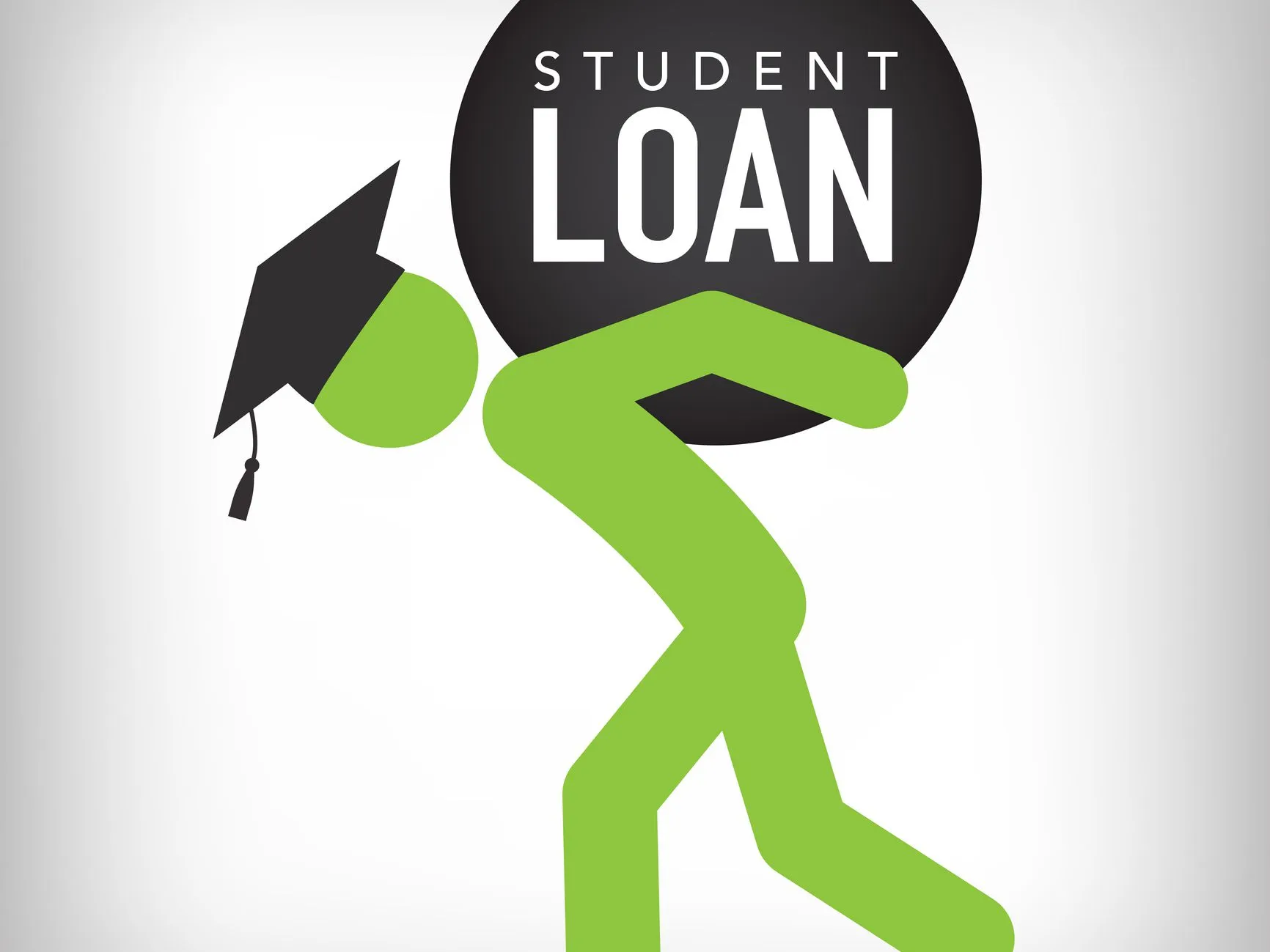The pause in student loan payments set to end in the US has led debtors to seek cancellation.
For the past seven years, Farzad Kapadia has paid off his $130,000 of student loans.
During the pandemic, Kapadia, 40, was temporarily relieved from federal student loan obligations by a pause established in March 2020, but he continued making payments on smaller private loans.
“I can’t describe the amount of relief it’s given me. It’s been life-changing,” Kapadia said.
“Prior to the moratorium, I would burn through every single check, I’d have nothing left at the end of the month. I’d be going into credit card debt.”
The two-year pause will end on 1 May, and Kapadia said that he was “terrified” to think about starting payments again, especially because inflation has caused his cost of living to increase.
Kapadia has been paying off the principal amount of his loan for the last decade but is still working to repay the interest accrued on his loan, $50,000.
“Having a huge chunk taken out immediately and put towards interest payment, despite having paid back the full principal balance, I just find that to be usury and cruel, really,” Kapadia said.
Kapadia will join hundreds of borrowers in protesting against student debt on April 4 and advocating for Joe Biden to cancel student loans.
MoveOn, the Working Families Party, NextGen America, and the Hip Hop Caucus are among the more than 60 organizations participating.
“There’s really no good reason to restart payments, especially when household budgets are already being squeezed by the cost of living going up,” said Thomas Gokey, legal and policy director for the Debt Collective.
“To put an additional, on average, $400 student loan payment on millions of households is really adding a lot of pain when people are already experiencing it quite a bit.”
More than 20,000 student loan borrowers were surveyed by the Student Debt Crisis Center in February, and 92% of them expressed concern about being able to afford their student loan payments because of inflation.
According to the Guardian, Ron Klain, Biden’s chief of staff, the administration is considering other options than an extension of the moratorium.
“The president is going to look at what we should do on student debt before the pause expires, or he’ll extend the pause,” Klain said in early March, adding that Biden is “the only president in history where no one’s paid on their student loans for the entirety of his presidency”.
“The question whether or not there’s some executive action on student debt forgiveness when payments resume is a decision we’re going to take before payments resume,” he said.
Last Thursday, over 100 lawmakers wrote to Biden enjoining him to extend the pause on federal student loans.
“We’re getting to a point with loan pauses that one of the things that [the administration] talks about is wanting to have a smooth transition to repayment,” said Natalia Abrams, president and founder of the Student Debt Crisis Center. “We’ve gotten to a point that one of the only ways to do that is cancel student debt.”
Kapadia said he hopes the Biden administration would possibly cancel student debt, “leveling the playing field”, but was anxious about the amount of time the White House is taking to act.
“You’ve got folks making payments their entire adult lives,” he said. “[Biden] has the complete authority to do something to drastically to change millions of lives, and he’s sitting on it.”

